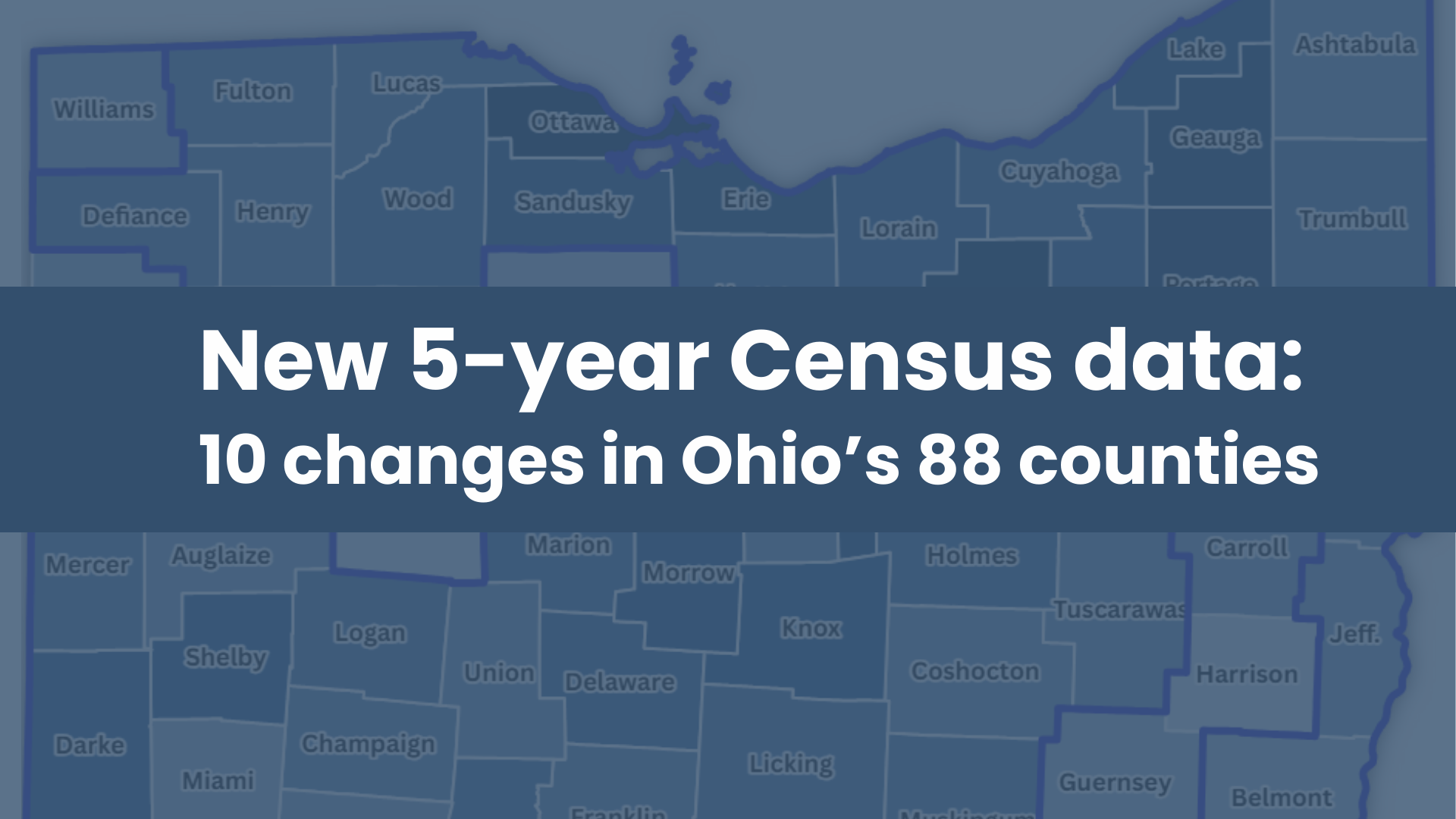During graduate school, I spent much of my time studying and working both on and off campus. I also participated in meetings hosted by student organizations as I studied public health. One of the meetings that struck me the most was about “imposter syndrome,” which was introduced by a Black-led student organization. That was the first time I heard about this mental health phenomenon as my Black peers explained their experiences navigating through our program and struggling with it. Initially, I thought I did not experience imposter syndrome while a graduate student, but as I now reflect on how I used to compare my achievements with my peers’ accomplishments, I realize I too suffered from it.
Imposter syndrome is the experience of not feeling intelligent enough despite one’s achievements.
Coined by psychologists Suzanne A. Imes and Pauline R. Clance, imposter syndrome is the experience of not feeling intelligent enough despite one’s achievements. People who suffer from imposter syndrome feel like frauds. Although it is not an official diagnosis in the Diagnostic and Statistical Manual of Mental Disorders (DSM), this condition affects 70 percent of Americans. Some signs of imposter syndrome include procrastination, perfecting a task for too long, self-doubt, the incapability of acknowledging one’s own skills and criticizing one’s own performance. If someone suffers from imposter syndrome, then he or she is more susceptible to anxiety and depression. So how does imposter syndrome develop in a societal context? Imes explained that imposter syndrome evolves if people live with families who value high achievement. In many African-American homes, children are told by their family members that they have to work twice as hard as their white counterparts.
Anyone can suffer from imposter syndrome, but Black people especially experience it in their daily lives. Jollie Doggett, a reporter from HuffPost, explained how Black people endure it in various settings. She described that we experience it when they’re the only person of color at their jobs, are being followed by workers in stores and only see one Black character as a sidekick in movies and television shows.
In many African-American homes, children are told by their family members that they have to work twice as hard as their white counterparts.
In an educational space, Black students deal with imposter feelings in the classroom. According to a 2017 study about imposter feelings in a university setting, perceived discrimination and imposter feelings predicted anxiety among Black students. Also, Black students who experienced many imposter feelings strengthened the relationship between perceived discrimination and depression. Unfortunately, imposter syndrome distorts Black people’s actual identities and how they view themselves.
While I was taking graduate courses, I sat alongside peers who either had successful public health work experience overseas, were working in notable national institutions or conducting and publishing research studies as students. When I recognized that I compared my limited work experience in the field with theirs and saw how they intelligently answered questions during discussions, I questioned myself and if I belonged in a prestigious graduate school program. Unfortunately, that was when imposter syndrome crept into my life and I felt anxious. I was careful how I interacted with my peers, so I code-switched in classroom settings to fit in. Code-switching deals with switching dialects in different social contexts. Specifically, Black people will speak standard English (e.g. “going to”) instead of African-American Vernacular English (e.g. “finna” meaning “going to”) in professional or social settings with white individuals.
I was careful how I interacted with my peers, so I code-switched in classroom settings to fit in.
It is possible to overcome imposter syndrome in all of the various circumstances where Black people feel left out or different from their white peers. Doggett explained that one way to combat it is to think about the various accomplishments of Black individuals. Another strategy to fight imposter syndrome is for an individual to remind oneself of his or her achievements in his or her life. In my case, I remembered the educational and previous work milestones I had met before I started graduate school. I even had to remind myself that my educational and previous work experience were some of the factors that helped me get accepted into the same program as my white peers. Whether in the work place, classroom, or other settings, Black people should not be dismayed to feel like intellectual frauds, but should reclaim their true identities as successful people that can change society.







